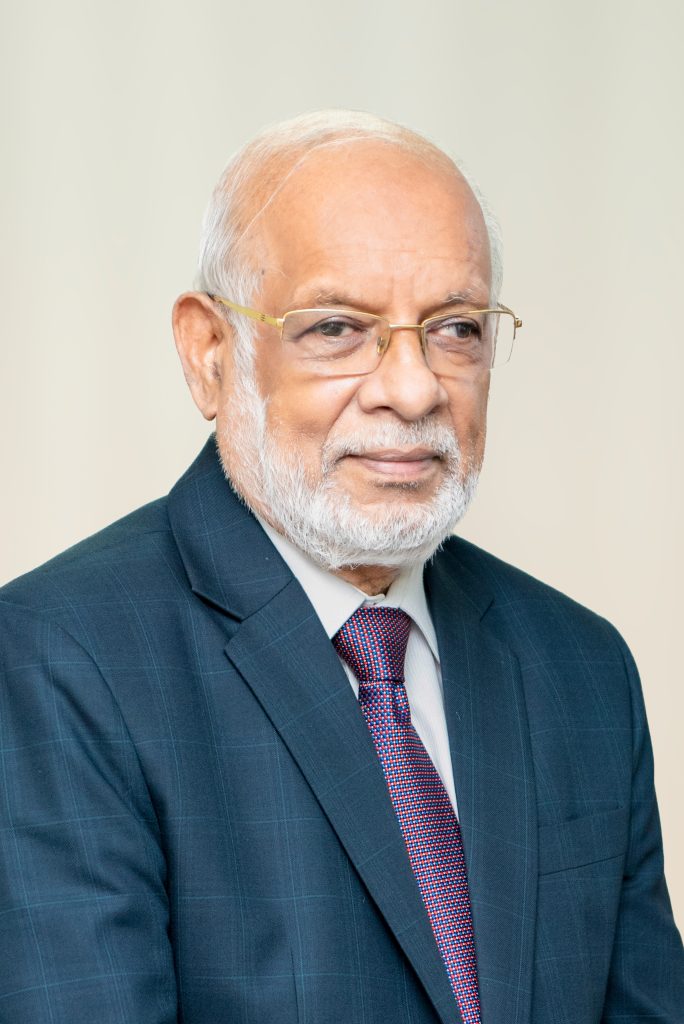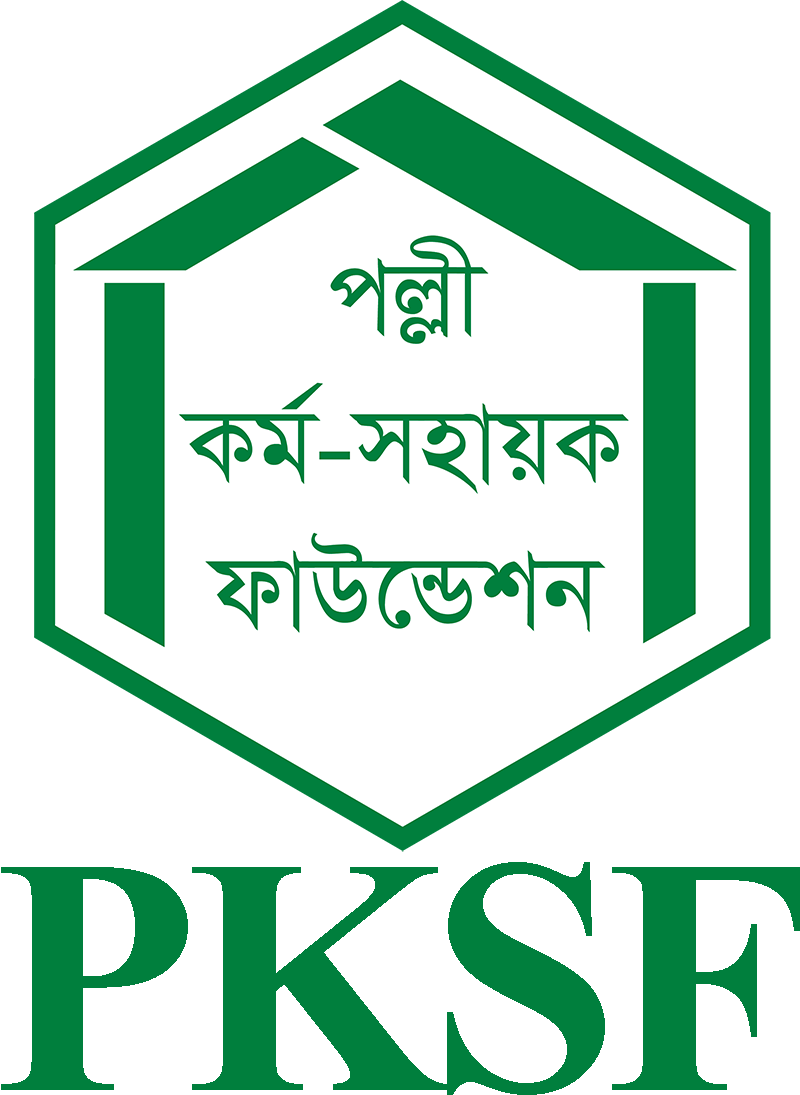
Short Biography of Zakir Ahmed Khan
Zakir Ahmed Khan
Chairman, PKSF
The eighth Chairman of PKSF, Mr Zakir Ahmed Khan, did his MA in Economics from the University of Dhaka and MBA from Vrije University, Brussels, Belgium. He also studied Development Economics and Development Administration at the Colorado State University as a Hubert Humphrey Fellow. Before joining the Pakistan Audit and Accounts Service in 1970, he served briefly as a Research Associate in the Bureau of Economic Research and as a Lecturer in Economics, University of Dhaka. He also served as a part time Lecturer in the Department of Finance, University of Dhaka.
Mr Khan retired in February 2009 from the World Bank as Alternate Executive Director representing Bangladesh, Bhutan, India and Sri Lanka. He served as Finance Secretary, Secretary of the Internal Resources Division, and Chairman of the National Board of Revenue for about five years. He held various senior-level positions in Bangladesh Audit and Accounts Department, Ministries of Power, Energy & Mineral Resources, Civil Aviation & Tourism, Establishment, Finance, Commerce, and Cabinet Division. He also worked as a Senior National Consultant in the public sector financial reform program of the Government of Bangladesh and as an External Auditor to the United Nations, United Nations Development Program, United Nations Fund for Population Activities, United Nations Industrial Development Organization and United Nations Economic Commission for Latin America.
